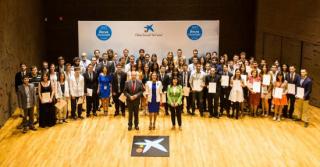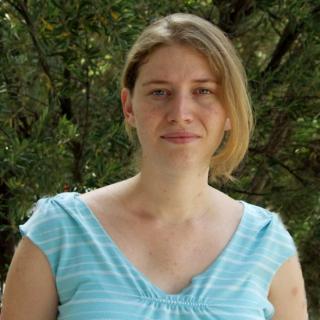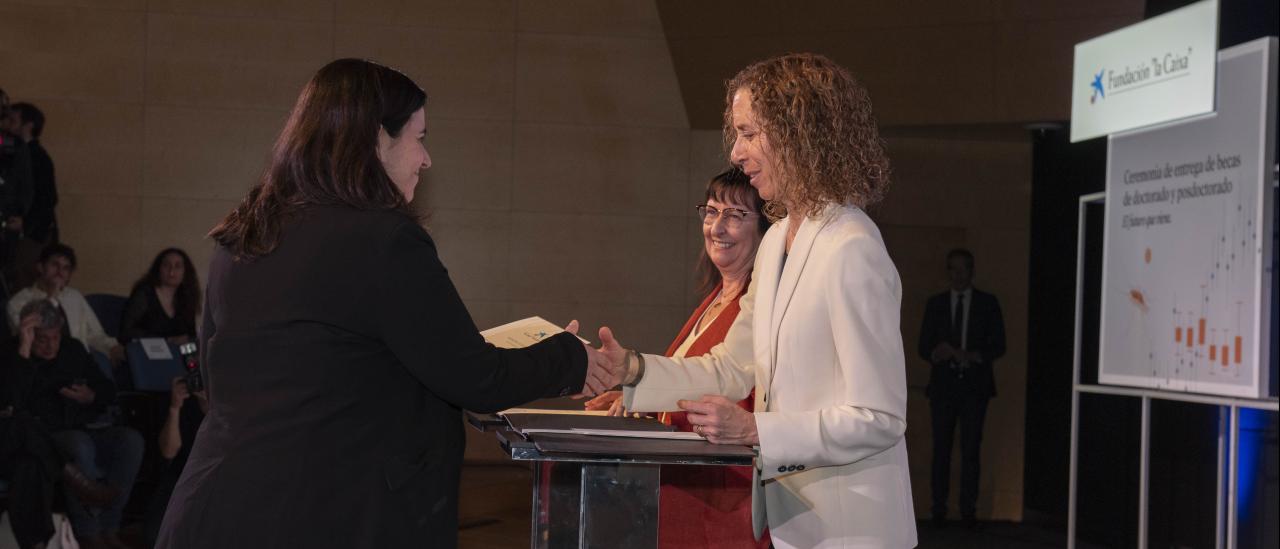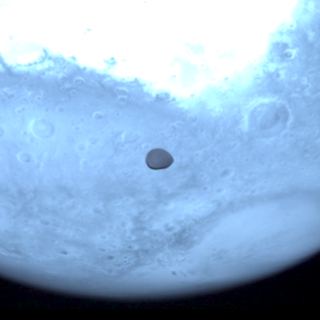One male and one female researcher received the Junior Leader postdoctoral fellowship and three others received INPhINIT Incoming PhD fellowships. The aim is to retain and attract talent to promote research excellence in Spain and Portugal.
The Scholarship Programme of the "la Caixa" Foundation held the financial aid award ceremony yesterday, Tuesday 12 March, which will benefit research staff at the Instituto de Astrofísica de Canarias (IAC). This programme of INPhINIT Incoming PhD and Junior Leader postdoctoral fellowships will reach a total of 105 people from more than 60 research centres and universities in Spain and Portugal. Both programmes have been co-funded by the European Commission through the Marie Sklodowska-Curie COFUND Action, in the context of the Horizon 2020 framework programme. La Caixa will allocate nearly 21 million euros to this promotion of scholarship holders.
These fellowships aim to strengthen issues such as scientific communication, wellbeing, leadership and to promote independent scientific careers as a future career option. The IAC fellows come from several countries: Ana Escorza, from La Rioja; Michael Abdul-Masih, from the United States; João Pedro Benedetti, born in Brazil; the Austrian Desmond Grossmann and Atanas Stefanov, from Bulgaria.
Born in La Rioja, Ana Escorza Santos is a postdoc in Astronomy and Astrophysics at the IAC with the Junior Leader Incoming grant. She holds a degree in Physics from the University of Zaragoza and a master's degree and PhD in Astronomy and Astrophysics from the KU Leuven in Belgium. Her PhD thesis focuses on the study of stars similar to the Sun, but with chemical peculiarities caused by the transfer of material between the two companion stars in double star systems. During his stay in Chile he combined research on multiple stars and star interactions with astronomical observation as a Postdoctoral Fellow at the European Southern Observatory.
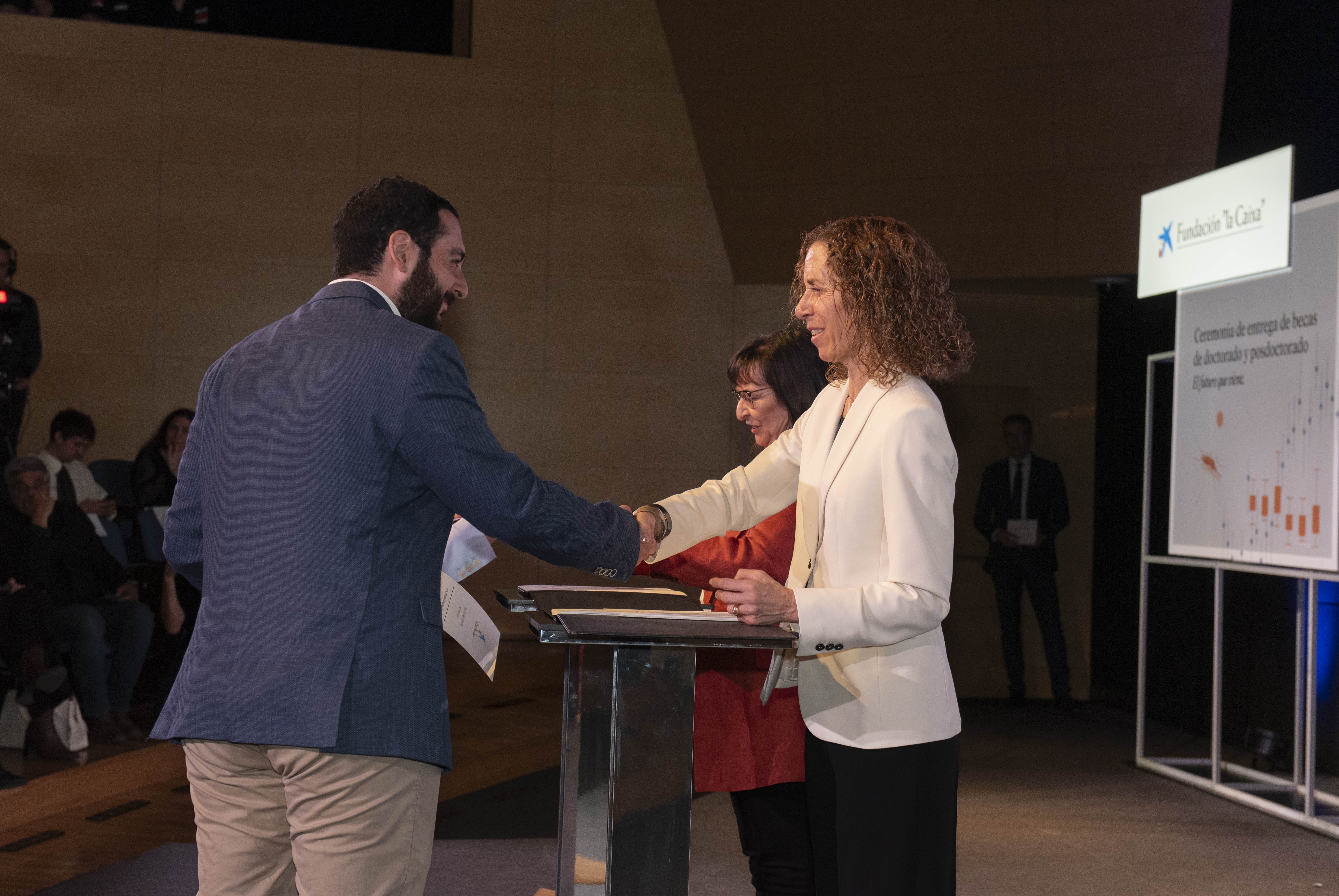
Michael Abdul-Masih is a postdoc at the IAC investigating the enlargement of the sample of massive overcontact binaries, a type of system composed of two stars that are so close that they share their outer layers. These objects are discovered by identifying and characterising new candidates by analysing the brightness variation of the system. He did his bachelor's and master's studies in the United States, before moving to Belgium to do his PhD at KU Leuven with a thesis focusing on the observational characterisation of massive stars. During his PhD, he developed the SPAMMS code, a code that takes into account the three-dimensional geometry of non-spherical stars.
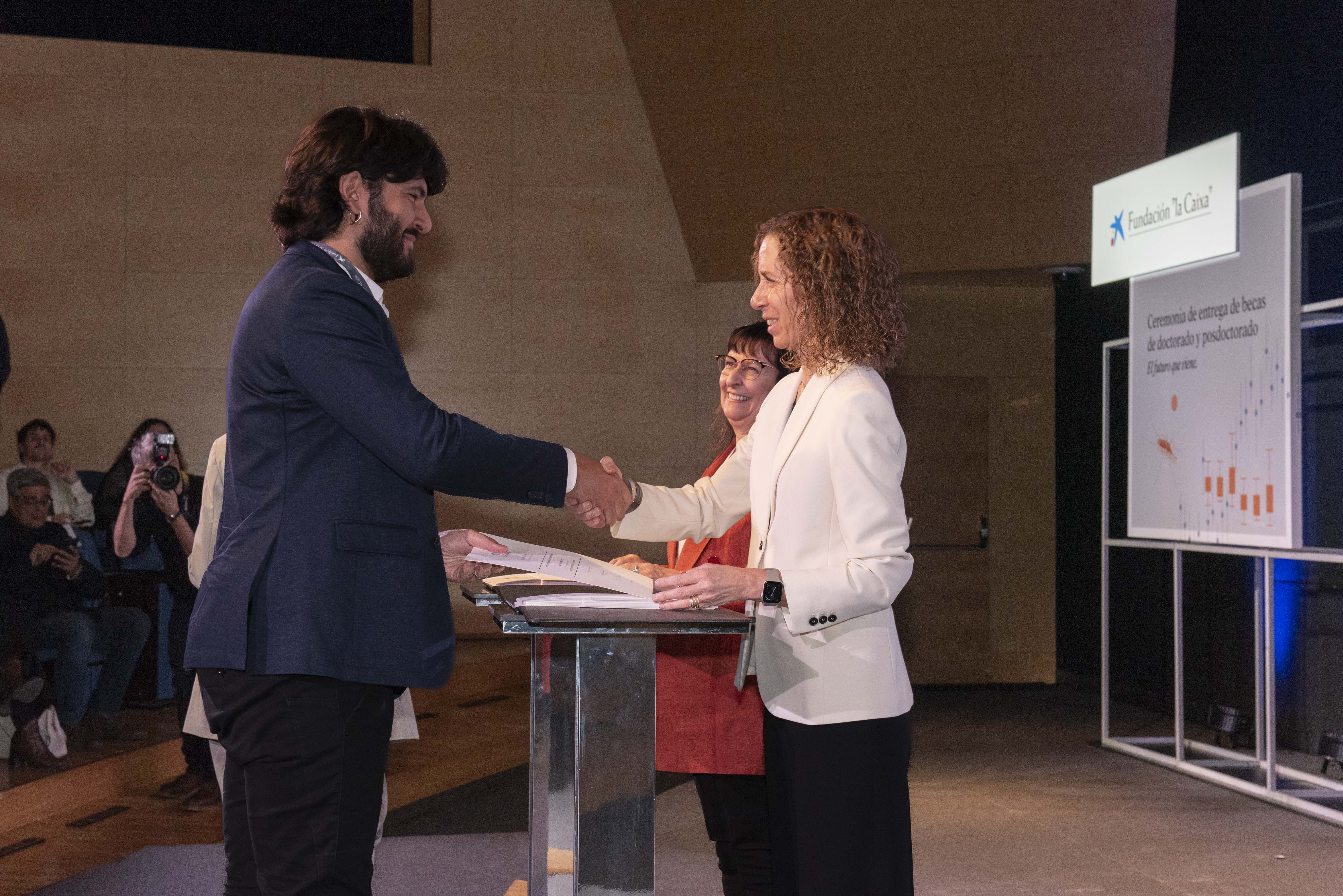
Brazilian João Pedro Benedetti is also doing his PhD at the Canary Islands institution, where he studies the ultraviolet spectra of galaxies and the underlying mechanisms. In doing so, he aims to unravel how and when galaxies formed their stars and to contribute to the understanding of the evolution of the Universe. He holds a degree in Physics and a master's degree in Astrophysics from the Universidade Federal do Rio Grande do Sul (Brazil).
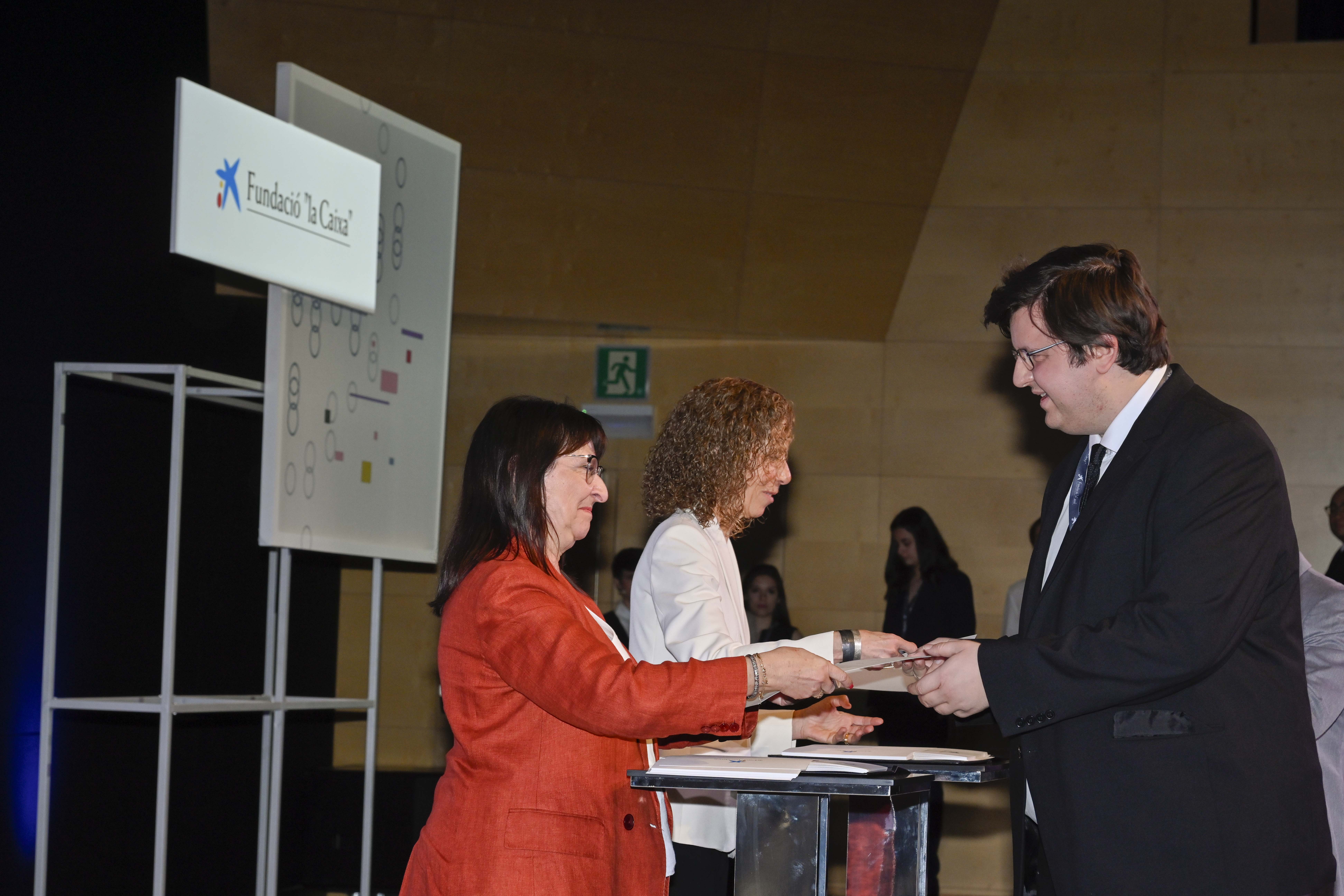
Desmond Grossmann is a graduate researcher at the IAC and is working on the modelling and investigation of red giant stars in the far reaches of our galaxy using asteroseismology methods based on the study of stellar oscillations. He holds a degree in Physics and a master's degree in (Astro) Physical Sciences from the Universität Graz and the Technologische Universität Graz, Austria.
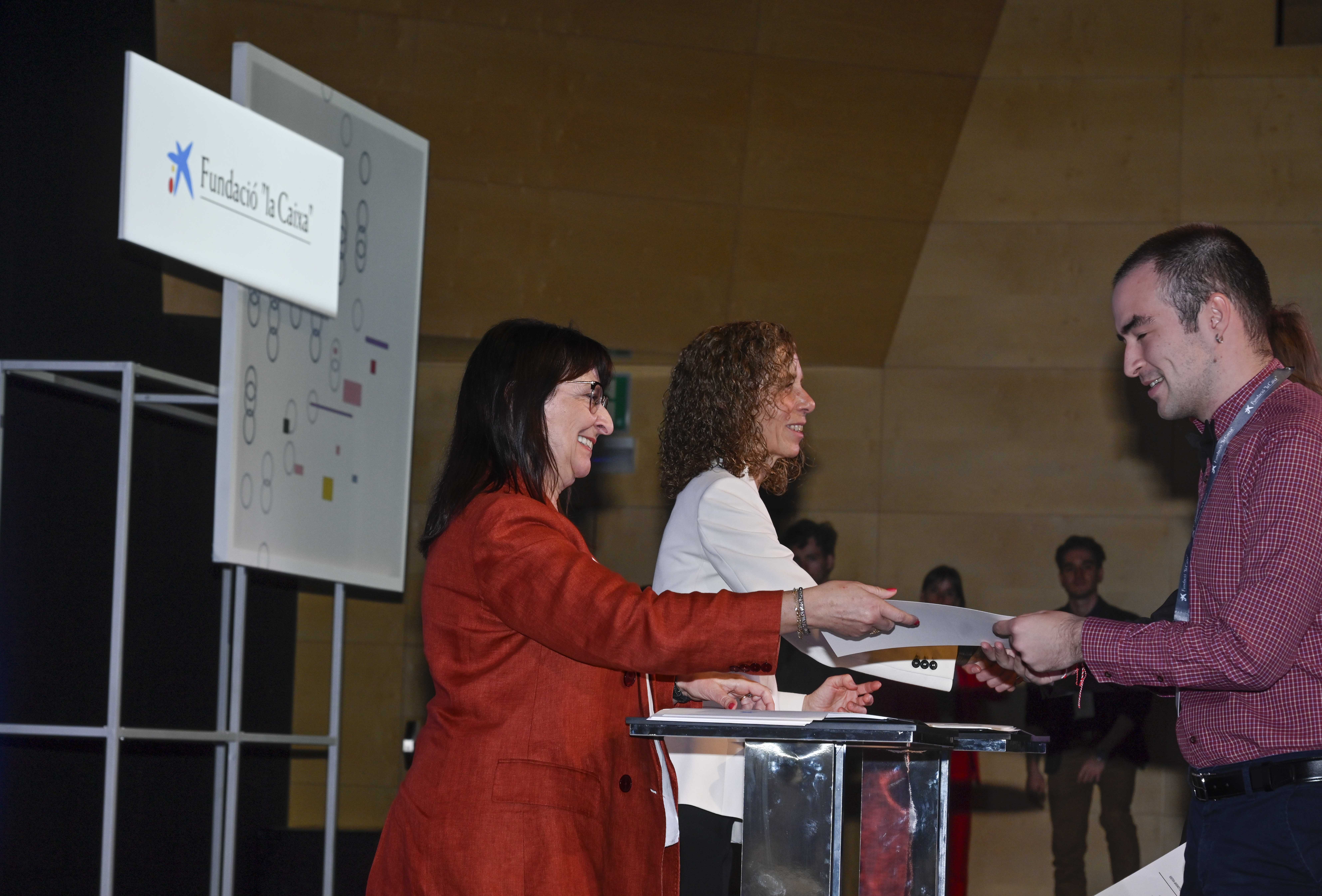
Bulgarian researcher Atanas Konstantinov Stefanov aims to develop numerous astrophysical tools that can be used with different data sources through his PhD in Astronomy and Astrophysics. He has a strong technical background in systems programming and recently received a Master's degree in Astrophysics from University College London (UK).
